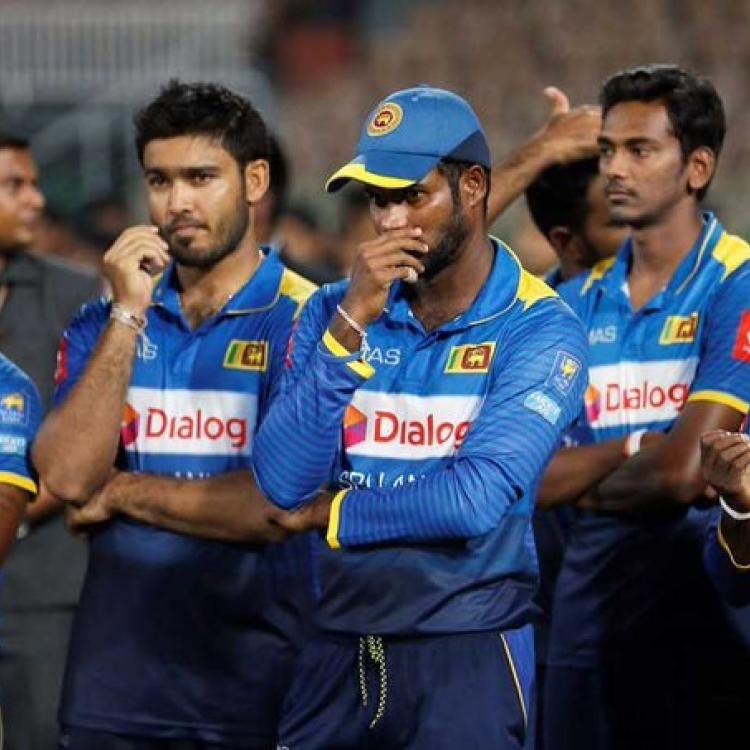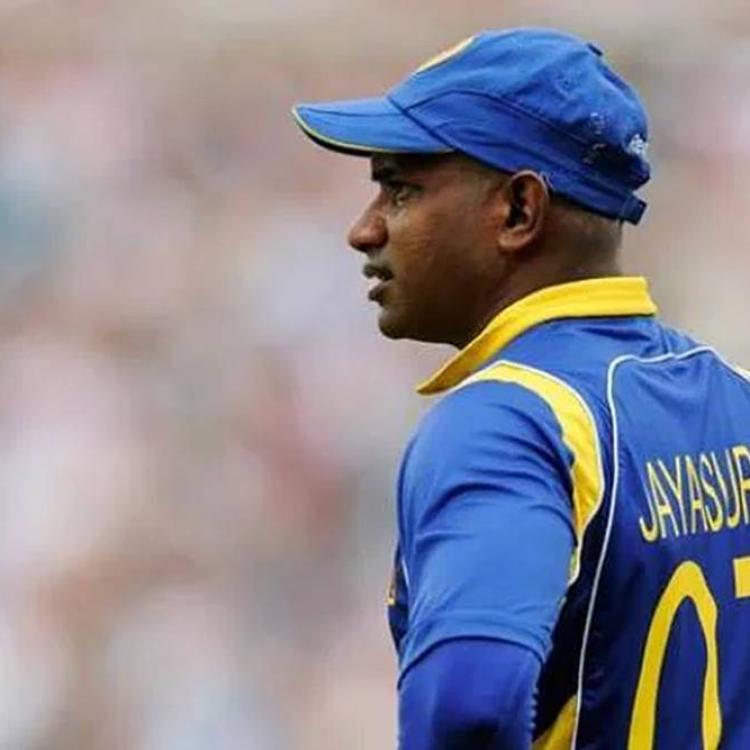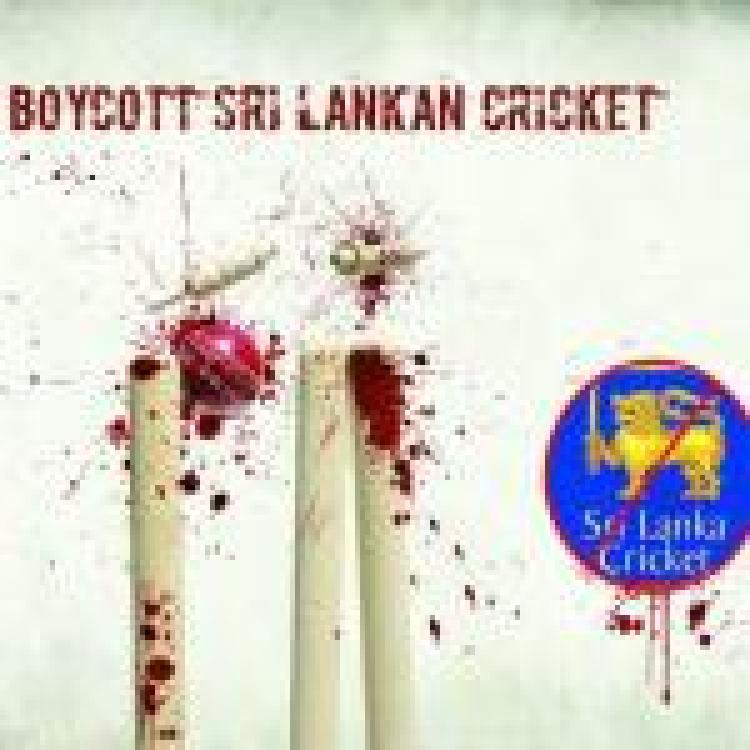.jpg)
British Tamils demanded a boycott of the Sri Lankan cricket team on Sunday, as they demonstrated outside the Oval as Sri Lanka played England in London.
The protest took place in front of the Oval's main entrance as fans filtered through into the ground, as they urged the British government and sporting authorities to boycott all matches with Sri Lanka over their human rights record.
During the demonstration, protesters chanted slogans such as "Sri Lankan team, go back," "Don’t hide Tamil genocide behind cricket matches from the international community," and "International Cricket Council, ban the Sri Lankan team!"
.jpg)
This protest was held a day before the 57th session of the UN Human Rights Council, in which Sri Lanka’s lack of justice and accountability for mass atrocities was taken up once more.
This is not the first time that Sri Lankan cricket team matches in the UK have been marred by protests and demonstrations. Previous Sri Lankan tours of England have seen protests and boycott campaigns, calling on the British government to ensure Sri Lanka is boycotted from international sport until human rights concerns have been addressed.
.jpg)
“The Sri Lankan government has not changed,” said Theepan, an activist who worked on previous ‘Boycott Sri Lankan Cricket’ campaigns. “To this day, tens of thousands of Tamils remain unaccounted for and the perpetrators of war crimes continue to roam entirely free.”
Earlier this year, former cricketer and ex-parliamentarian with the Rajapaksa clan, Sanath Jayasuriya, was appointed as the interim coach of Sri Lanka's national team. Jayasuriya is a controversial figure, having aligned himself with war criminals and served a two-year ban from cricket-related activity by the International Cricket Council's (ICC) anti-corruption unit, after he failed to co-operate in a corruption investigation.
.jpg)
The boycott calls have a history going back decades when Tamil activists in the 1970s and 80s would protest outside stadiums and stage pitch invasions as Sri Lanka played in England, as part of long-standing campaigns for justice and accountability.
The end of the armed conflict in 2009, where the government led by Rajapaksas oversaw the shelling of hospitals and execution of surrendering Tamils, saw the demands reinvigorated and gaining international attention.
.jpg)
.jpg)



